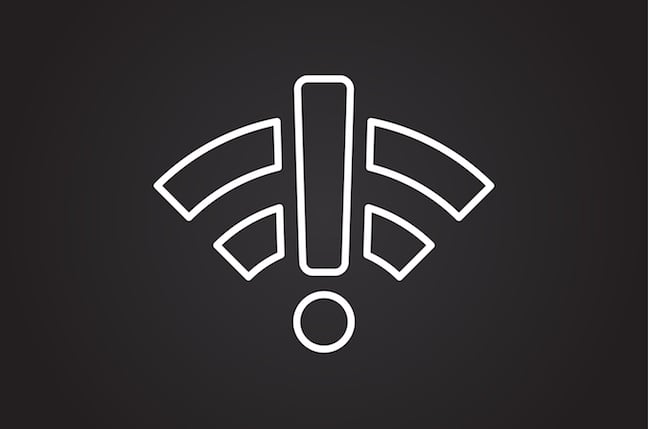Proof That Surface Devices Are Not A Niche Product Obsessed Over By Microsoft Fans: A Patent Lawsuit From Caltech

The California Institute of Technology (Caltech) has followed up its attempts to double a billion-dollar award from Apple and Broadcom for patent infringement by turning its sights on Microsoft.
Keeping itself busy during the inevitable appeals process, Caltech on Friday filed amended complaints against HP Inc [PDF] and Dell [PDF], and a fresh complaint against Microsoft [PDF] over infringements of the same patents Apple and Broadcom were found to have ripped off - plus another two to boot.
In the case of Microsoft, the products affected include pretty much every Surface device and Xbox that makes use of Wi-Fi incorporating the encoding or decoding technology.
Caltech patent litigation against Dell and HP Inc had been already rumbling along, but has been amended to take into account the patents at the heart of the Microsoft case.
The patents involved are U.S. Patent No.7,116,710 ("710 patent"), U.S. Patent No. 7,421,032 ("032 patent"), U.S. Patent No.7,716,552 ("552 patent"), U.S. Patent No. 7,916,781 ("781 patent"), and U.S. Patent No. 8,284,833 ("833 patent").
A jury had already found that Wi-Fi products by Apple and Broadcom had infringed the 710, 032, and 781 patents. Caltech attempted to ward off an appeal against the verdict with yet another Friday filing at a California federal court urging the rejection of arguments made by iPhone maker and chip maker alike.
"The patents," explained Caltech in its brief [PDF], "arose from groundbreaking research by Caltech scientists who pioneered new technology that today permits transmission of data more accurately over Wi-Fi and other channels.
"These improvements allow for faster speeds, increased range, reduced computational load, reduced chip temperature, reduced power consumption, extended battery life, reduced chip size, and improved reliability."
Caltech has added infringement of the 552 and 833 patents to its case against Microsoft and "seeks a reasonable royalty from Microsoft as compensation."
The patents themselves are concerned with the encoding, decoding, and error correction of Wi-Fi data. The original case was brought back in 2016, with Broadcom named as the first defendant. Apple soon followed thanks to its use of Broadcom's silicon.
Caltech is seeking a trial by jury and, as well the inevitable claim for damages, also wants the cost of its attorneys' fees covered.
The complaint was filed at the United States District Court in the Western District of Texas. ®
From Chip War To Cloud War: The Next Frontier In Global Tech Competition
The global chip war, characterized by intense competition among nations and corporations for supremacy in semiconductor ... Read more
The High Stakes Of Tech Regulation: Security Risks And Market Dynamics
The influence of tech giants in the global economy continues to grow, raising crucial questions about how to balance sec... Read more
The Tyranny Of Instagram Interiors: Why It's Time To Break Free From Algorithm-Driven Aesthetics
Instagram has become a dominant force in shaping interior design trends, offering a seemingly endless stream of inspirat... Read more
The Data Crunch In AI: Strategies For Sustainability
Exploring solutions to the imminent exhaustion of internet data for AI training.As the artificial intelligence (AI) indu... Read more
Google Abandons Four-Year Effort To Remove Cookies From Chrome Browser
After four years of dedicated effort, Google has decided to abandon its plan to remove third-party cookies from its Chro... Read more
LinkedIn Embraces AI And Gamification To Drive User Engagement And Revenue
In an effort to tackle slowing revenue growth and enhance user engagement, LinkedIn is turning to artificial intelligenc... Read more

